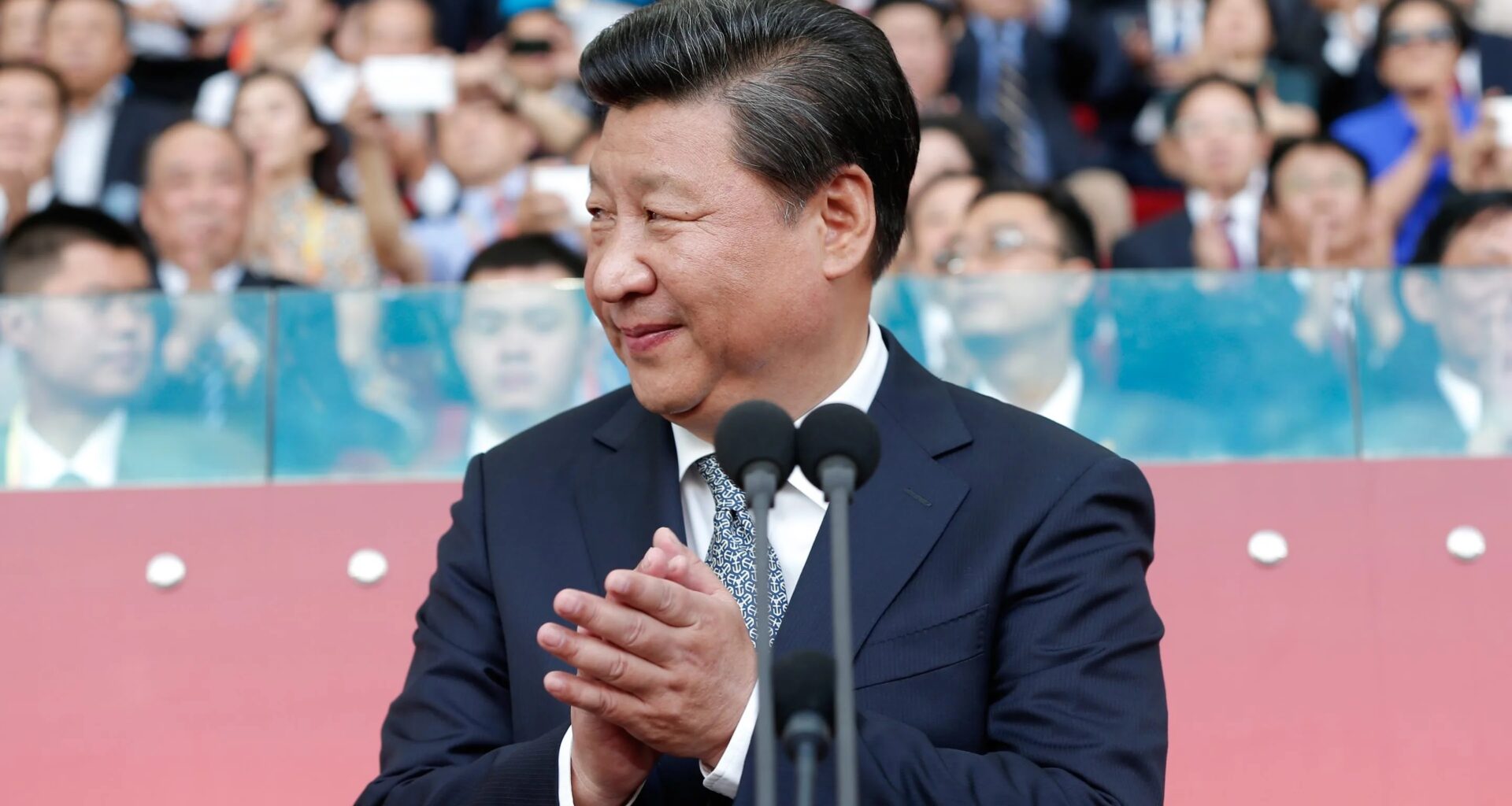A new report claims that the United States and other western countries are falling behind China in the race to develop cutting-edge technologies and keep their best and brightest employees. Beijing may even end up with monopolies in certain fields.
The Australian Strategic Policy Institute spent a year tracking 44 different technologies, and found that China was in the lead for 37 of them. Electric batteries, hypersonics, and high-speed RF networks like 5G and 6G are all part of this category.
On Thursday, the government released a report claiming that the United States was the world leader in only seven technologies.
Findings were said to be based on “high impact” research in key and emerging technology fields, with a particular emphasis on papers published in high-quality journals that received numerous citations in subsequent studies.
At the Yangzhou Science and Technology Museum, a young visitor plays with an exhibit. China’s scientific output has surpassed that of the United States.
Also Read: Automakers Look to Hire Tech Talent From Job Cuts in Silicon Valley
Here’s More
The report states, “Our research reveals that China has built the foundations to position itself as the world’s leading science and technology superpower,” by establishing a sometimes stunning lead in high-impact research across the majority of critical and emerging technology domains.

According to the critical technology tracker, “all of the world’s top 10 leading research institutions are based in China for some technologies, and collectively are generating nine times more high-impact research papers than the second-ranked country, most often the US.”
According to the report’s findings, the Chinese Academy of Sciences ranked either first or second in the tracker’s 44 technologies. One-fifth of China’s high-impact papers are written by researchers who completed their graduate education in a member country of the intelligence-sharing group known as the Five Eyes, which consists of the United States, Canada, the United Kingdom, Australia, and New Zealand.
Chinese preeminence is the result of careful planning and strategic thinking, as Xi Jinping and his predecessors have stated time and time again. Joe Biden said in his State of the Union address last month that the US was “investing in American innovation, in industries that will define the future, and that China’s government is intent on dominating”.
Also Read: IBM and SAP become latest tech companies to lay off thousands of workers
The institute, however, warned that China faced an extremely high chance of becoming a global monopoly in eight technologies, including nanoscale materials and manufacturing, hydrogen and ammonia for power, and synthetic biology.
According to the report, “China hosts seven of the world’s top 10 research institutions,” and in the past five years, the country has produced 48.49% of the world’s high-impact research papers into advanced aircraft engines, including hypersonics.

The report warned that China’s research prowess in photonic sensors and quantum communication could lead to the country “going dark” to the surveillance of western intelligence, such as the “Five Eyes” of Britain, the United States, Australia, and Canada and New Zealand.
Monopoly risks were also identified, and the movement of researchers across national borders was monitored. China is responsible for one-third of all research in the field of synthetic biology, and it is also a global leader in other areas such as electric batteries, 5G, and nano manufacturing.
Also Read: Google, Microsoft and 15 other technology companies headed by Indian-origin executives
Most of the 44 technologies studied, which included defence, space, robotics, energy, the environment, biotechnology, artificial intelligence (AI), advanced materials, and quantum technology, placed the Chinese Academy of Sciences either first or second.
One-fifth of the top Chinese researchers had their education in a Five Eyes country, the report said, proving that China was bolstering its research with knowledge gained overseas.
The research favoured international cooperation with security allies and advocated for visa screening programmes to limit illegal technology transfers.
Australian universities have stated that they are in full compliance with foreign influence laws meant to prevent the theft of intellectual property by China, while also emphasising the importance of international cooperation in the realm of higher education.
Also Read: Top Google Hacking Techniques









